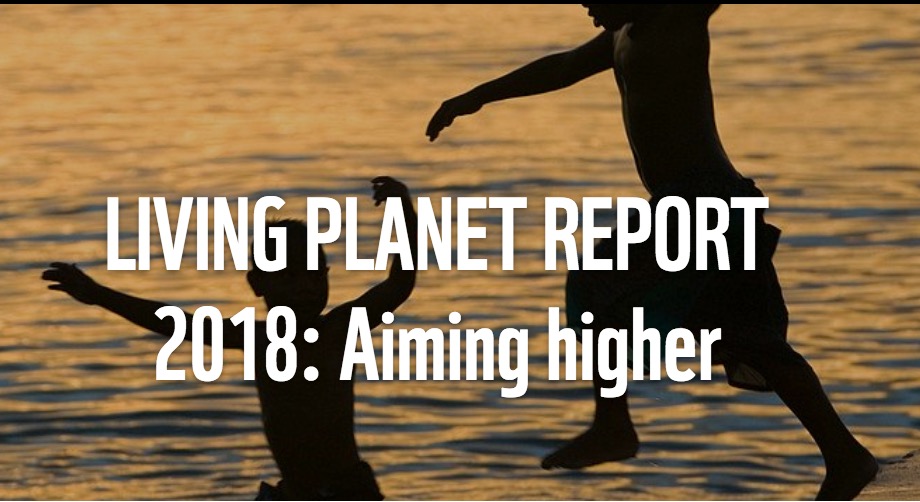
5 Mar, 2019
WWF report reveals staggering impact of human life on Planet’s natural systems
KUALA LUMPUR, Feb 19 (Bernama) — Human activity is pushing the planet’s natural systems that support life on earth to the edge, according to WWF’s Living Planet Report 2018. The report presents a sobering picture of the impact of human activity on the world’s wildlife, forests, oceans, rivers and climate. It calls for an urgent need for the global community to collectively rethink and redefine how we value, protect and restore nature.
“We are withdrawing from our natural resources’ ‘savings account’ insatiably, leaving less for the next generation to live with. The disappearing fish in the sea, the changing climate, our empty forests are all the symptoms,” says Dr Henry Chan, Conservation Director of WWF-Malaysia.
“For everybody on earth to live sustainably, the ecological footprint per person for the whole world needs to be at 1.7 hectares. Malaysia ranks #53 for the highest ecological footprint per person. At 1.7 hectare per person, with a population of 31 million people, this amounts to 51 million hectares of land and sea space. To achieve this, we need a reduction of 61% resource use from what we are consuming now at four times the size of Malaysia,” Dr Henry concerns.
The Living Planet Index indicates that global populations of fish, birds, mammals, amphibians and reptiles declined, on average, by 60 per cent between 1970 and 2014. The top threats to species identified in the report are directly linked to human activities, including habitat loss and degradation and over-exploitation of wildlife. In Malaysia marine turtles are facing threats to their survival, the Sumatran rhino is already extinct in the wild, and species like the Malayan tiger, gaur and sambar deer are in peril.
The report also looks at the importance of pollinators and how a changing climate, intensive agricultural practices, invasive species and emerging diseases have affected their abundance, diversity and health. In tropical areas, our dependency on pollinators is up to 98% for the production of fruits; therefore, Malaysia has a good reason to be worried.
As a country, we need to adopt responsible production and consumption of commodities. All forest areas that have been designated for production forest should be managed in accordance with certification standards that call for a balance of ecological, social and economic needs. In Malaysia, mandatory certification requirement for palm oil production is a good step, it should also be extended for production of seafood, fish, and shrimp as our marine life is declining.
Our country’s National Policy for Biological Diversity includes a target that by 2025, at least 20% of terrestrial and inland waters, and 10% of coastal and marine areas are conserved through a representative system of protected and other effective area-based conservation measures. It is imperative that people, businesses and governments to mobilize and deliver on a comprehensive effort to ensure the target is met.




Liked this article? Share it!